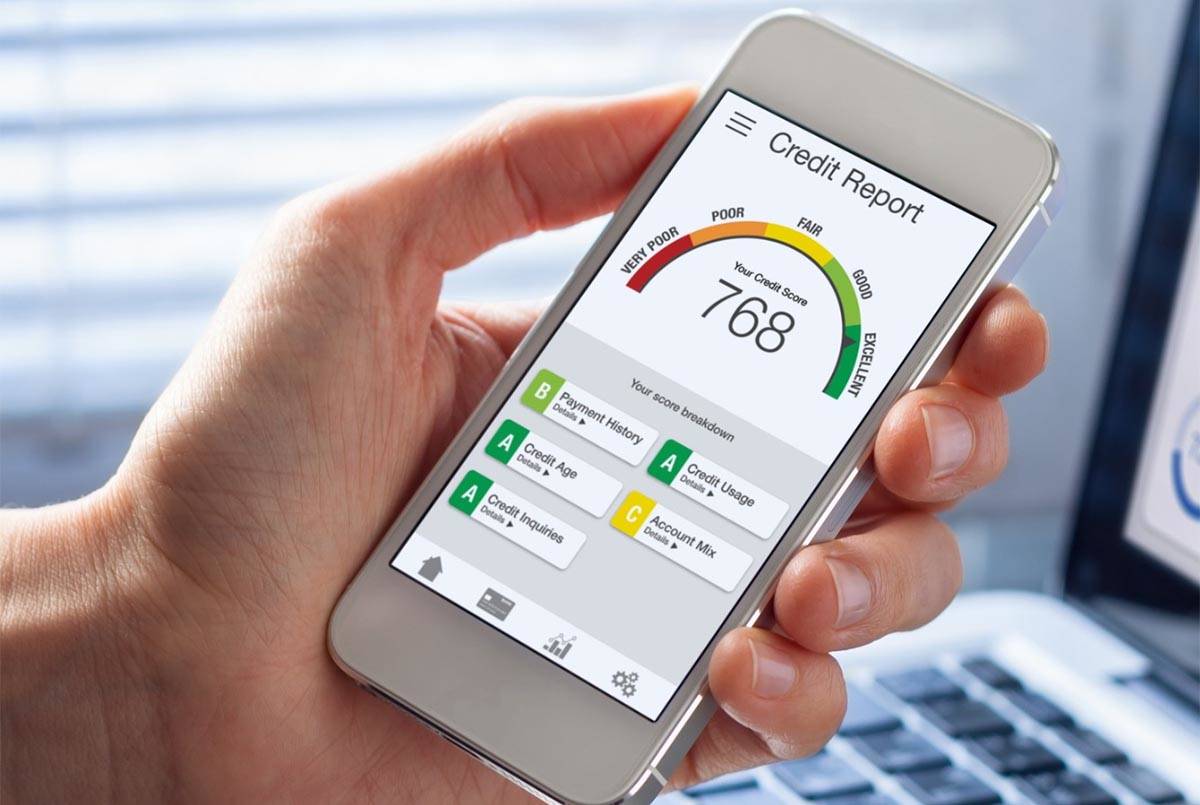Credit bureaus and what they can mean to your finances
The United States has three major credit reporting agencies: Equifax, Experian and TransUnion.
More economy explained: What is the GDP – and what does it have to do with you?
“They are for-profit companies that are not affiliated with the government and collect data about your credit behavior, along with the credit behaviors of more than 200 million other Americans,” said John Davis, founder of ScoreSense. “The information they gather is used to produce credit reports, which they sell to businesses.”
Read more: What does the Fed do, anyway?
But the credit bureaus don’t act on their own. “The Federal Trade Commission (FTC) and the Office of the Comptroller of the Currency (OCC) oversee the credit bureaus. The Fair Credit Reporting Act (FCRA), which is federal legislation, must be followed by the bureaus,” Davis said.
What credit reporting agencies do
When describing what credit reporting agencies do, it’s fair to say they serve as financial recordkeepers.
Find out: What is inflation and what does it mean when it goes up or down?
“Each of the three major reporting agencies — Equifax, Experian, TransUnion — keep track of individuals’ debt, and how they are paying on those debts,” said Freddie Huynh, vice president of data optimization at Freedom Debt Relief and former lead data scientist at FICO.
Did you know: Understanding US productivity and all the ways it affects you
“Each agency reports its own credit score, based on running information they have collected on individuals’ use of credit. This can include history, [the] current amount of credit available, current amount of credit in use and history of on-time (and late) payments. It really boils down to assessing whether someone can and does pay on time, and if there are any indications of overextending financially.”
Why credit reporting agencies exist
The oldest credit reporting agency, Equifax, was established in 1899 to help lenders and businesses identify creditworthy customers — a reason for existence that still holds true today for all three credit reporting agencies.
Learn more: Tax fraud and tax evasion penalties
“When you apply for credit, your lender asks for your credit report from at least one of the three major credit bureaus,” said U.S. News & World Report’s consumer finance analyst and credit card expert Beverly Harzog. “Your lender will also request a credit score. Your credit score is calculated based on the information in your credit report.”
Read: What is adjusted gross income?
“Your credit reports and scores are the heaviest factors when banks, creditors, and other lenders determine whether to approve a loan, mortgage, or other credit facilities,” Davis said. “The reports provided by the bureaus help banks and businesses to limit their risks.”
Why credit bureaus are considered necessary
Credit reporting agencies are needed to act as disinterested third-parties that allow thousands of lenders and county courthouses to share data about consumer borrowing behavior, said Kevin Haney, president of Growing Family Benefits and a previous executive for Experian. “Credit reporting agencies receive jigsaw puzzle pieces about consumer borrowing behaviors communicated by thousands of lenders and county courthouses and assemble the pieces into a complete picture about an individual’s history,” he said.
In short, credit bureaus amass a ton of information about consumer credit behaviors. Then, each agency must sort the information in a way that is useful and makes sense to lenders, companies and individuals who request your credit report and score to assess your risk or creditworthiness for various reasons, such as applying for a loan or credit, leasing a car, renting an apartment or applying for utilities.
This article is part of GOBankingRates’ ‘Economy Explained’ series to help readers navigate the complexities of our financial system.
More From GOBankingRates
Nominate your favorite small business and share with your community
20 home renovations that will hurt your home’s value
What income level is considered middle class in your state?
This article originally appeared on GOBankingRates.com: What do credit reporting agencies do?




























